UN Security Council Reform: Africa’s Quest for Permanent Representation and Veto Power
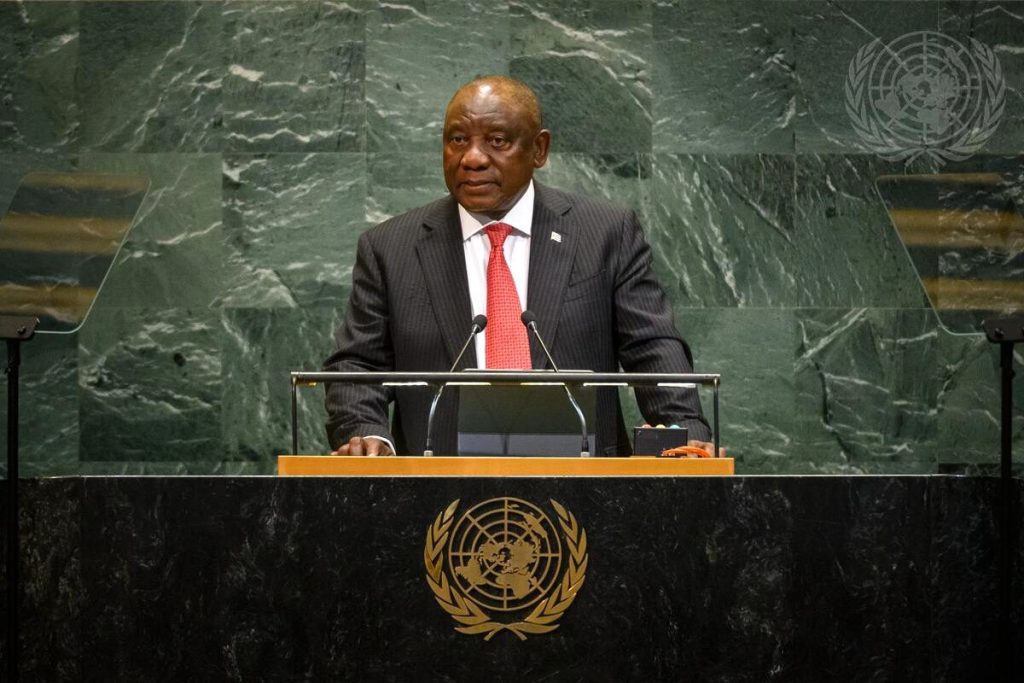
Examining the structural imbalance of the UNSC, the diplomatic strategies pursued by African states and the AU to push for reforms, and the geopolitical and institutional obstacles that hinder progress.
Popular Coups d’état in Africa
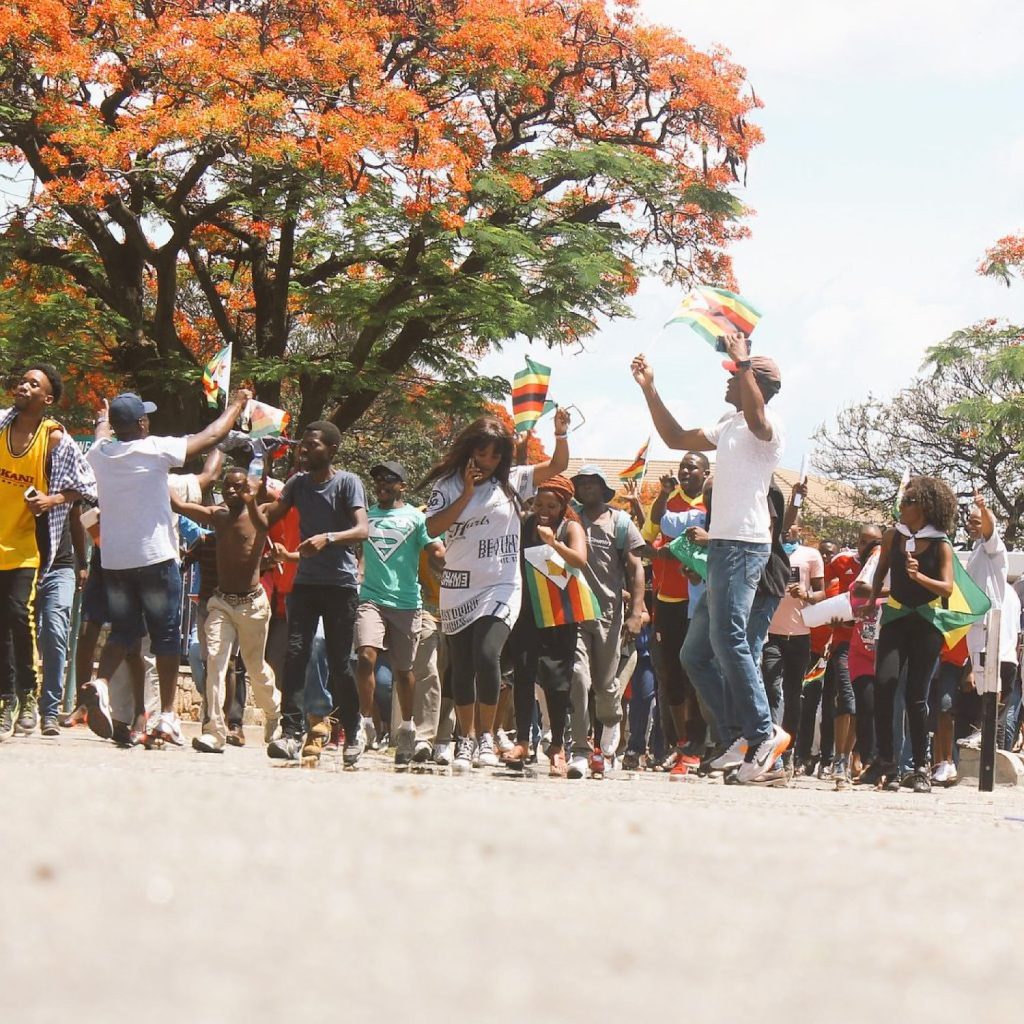
Reviewing and examining scholarship on the resurgence of coups d’état, and the conceptual framing of their popular
support.
Effectiveness of National Dialogues in Post-Conflict Transitions in Africa: Case Study of Sudan
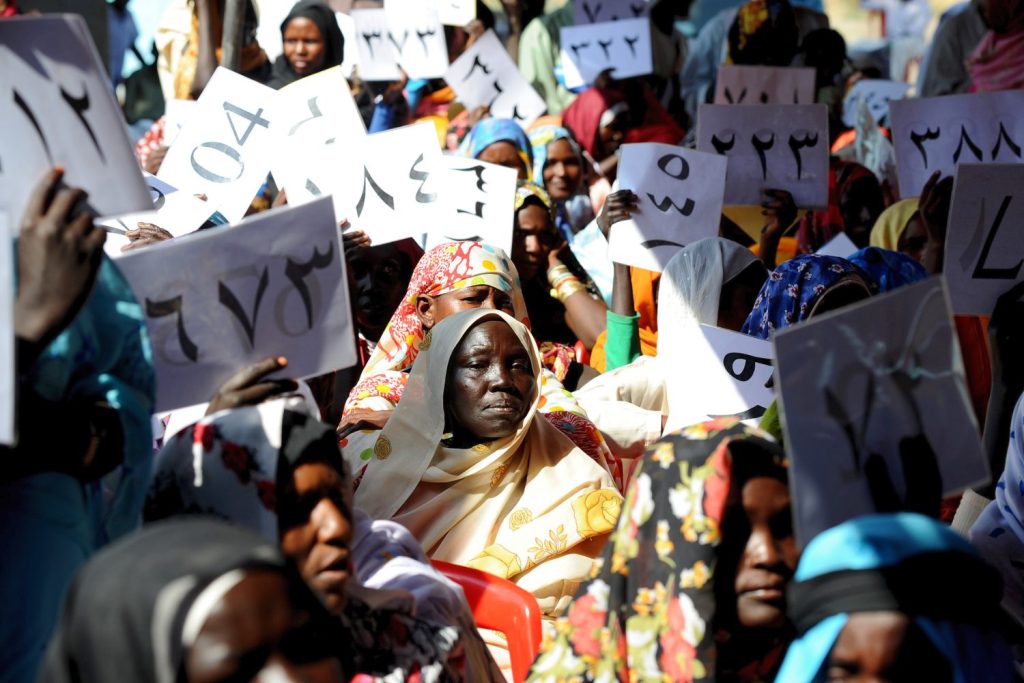
Navigating the success of
national dialogues as a strategy for peacebuilding and political transition in Sudan, and whether these dialogues met the required standards of legitimacy,
inclusivity, transparency and implementation
From Dialogue to Disillusionment: Analysis of the Major National Dialogue in Cameroon
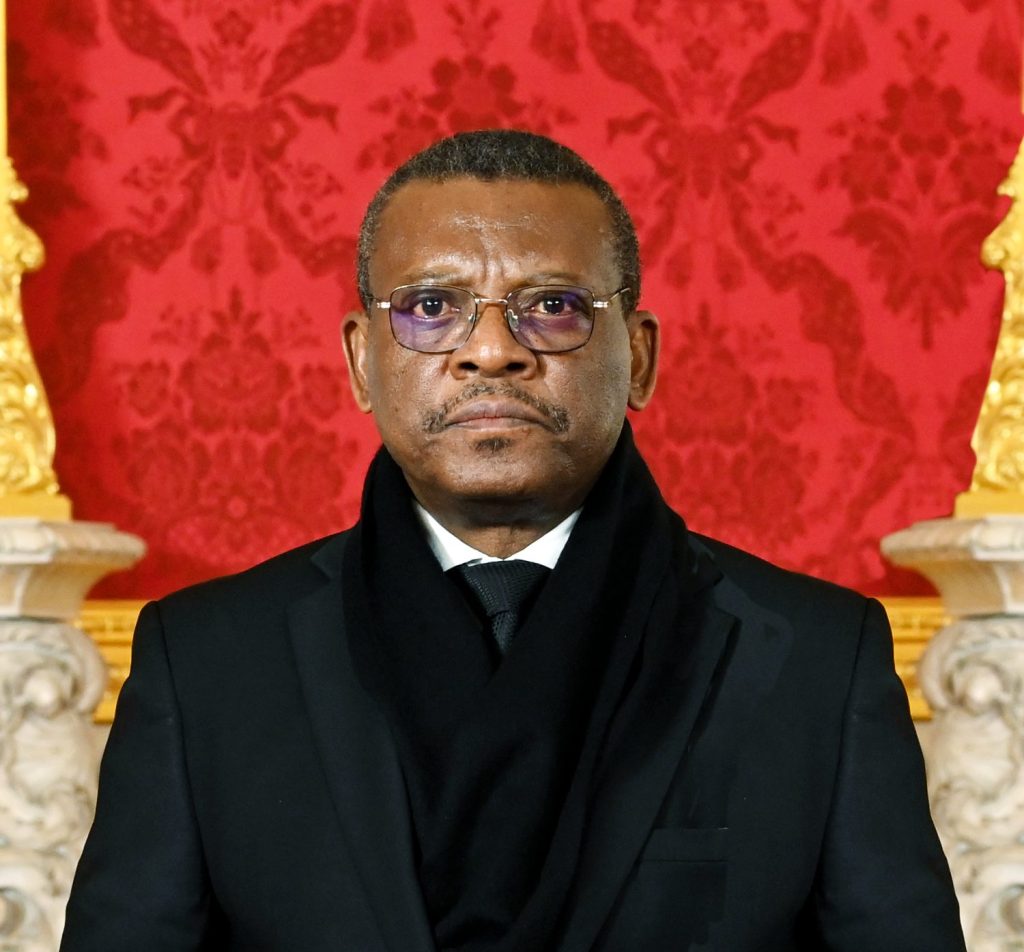
The MND was initiated in Cameroon to address the armed conflict in the Anglophone regions, and other socio-political challenges, including Boko Haram incursions in the Far North region
Peacebuilding Practices in Cross-Border Conflicts: The Ethiopia-Turkana Case Study
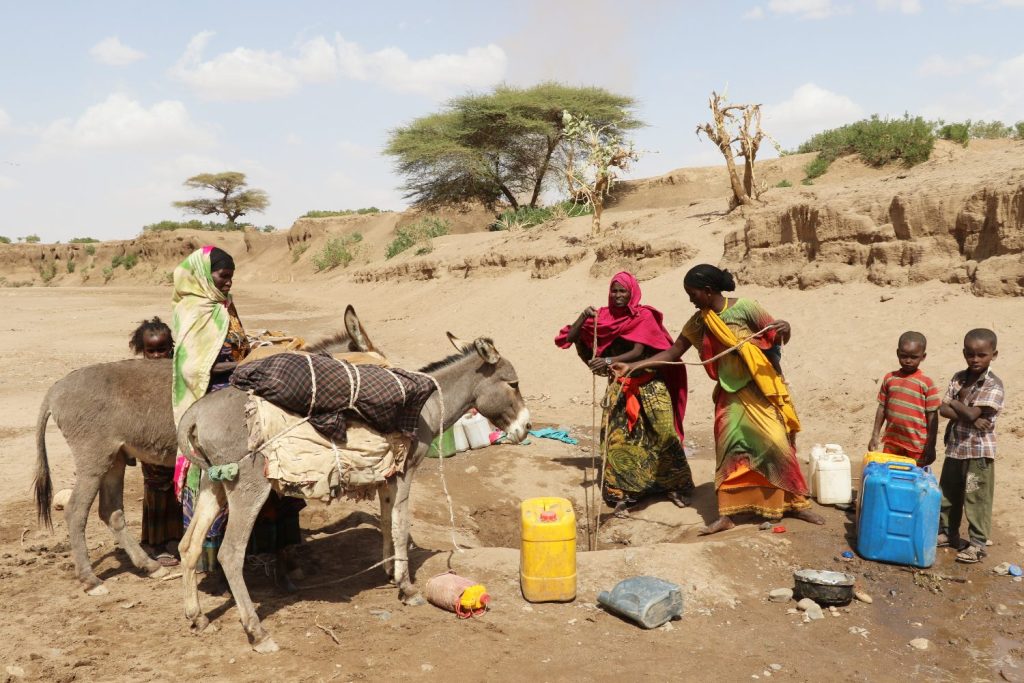
Identifying the underlying causes of the Kenya-Ethiopia, specifically Turkana (Kenya), Hamer, Dassanech, and Nyangatom cross-border resource-based pastoralist conflicts and examining the peacebuilding approaches applied
Conflict Trends 2025/1
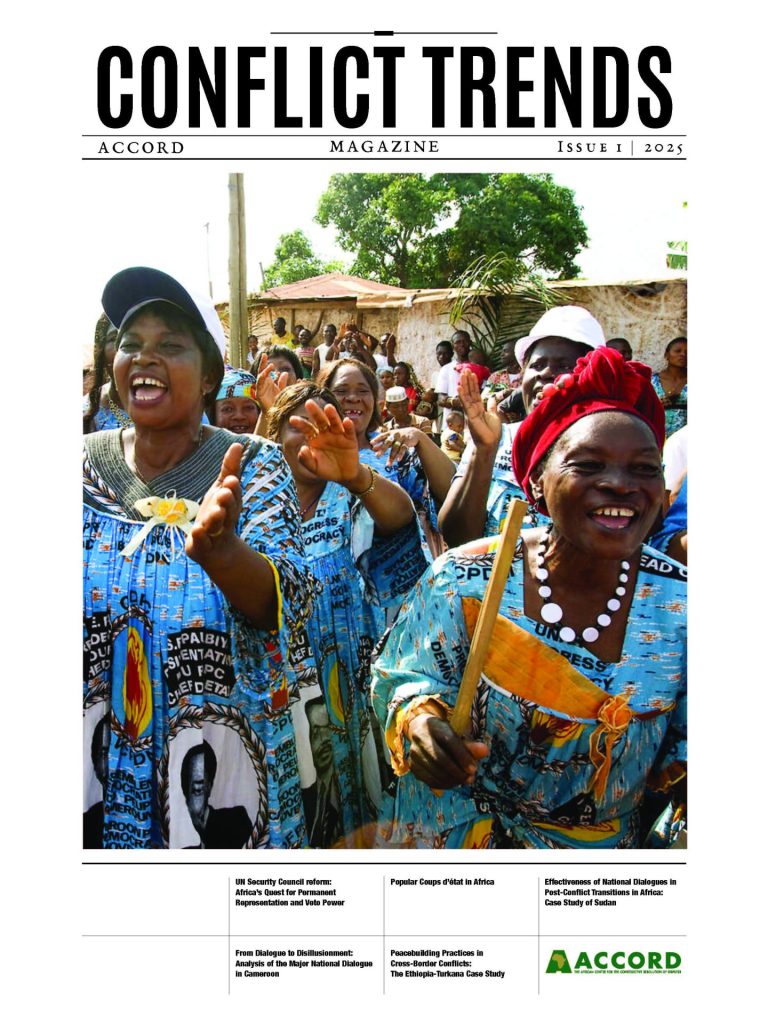
This edition of Conflict Trends begins with an article written by Abraham Ename Minko about United Nations Security Council (UNSC) reforms. The article discusses the reasons advanced by Africa for UN reforms and why it is proving difficult to exact any change to the current system. The Ezulwini Consensus, Africa’s common position on UN reform, […]
